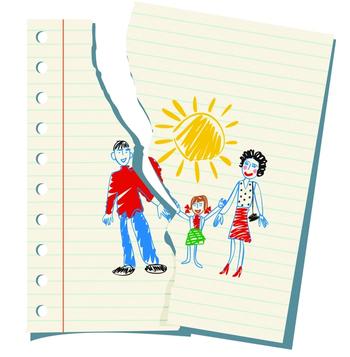
Can depression be passed on to future generations, and if it can, how can treatment help?

Can depression be passed on to future generations, and if it can, how can treatment help?

Sedation may not always be desirable, but it is difficult to avoid in psychiatry. Some of the most sedating medications are discussed.

The psychiatrist's armamentarium to treat depression holds promise with a growing arsenal of integrative and pharmacologic options.
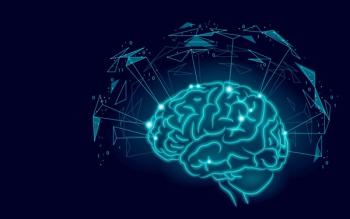
The FDA cleared the way to use this deep transcranial magnetic stimulation system, which may be able to help treat depression in less than 5 minutes.

Teach both the patient and the patient's family are important steps to treating a mood disorder.
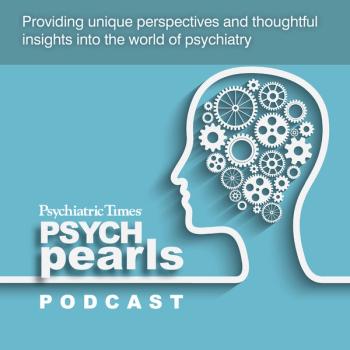
Despite recent advances in research on bipolar disorder, it remains a complex and even mysterious condition.
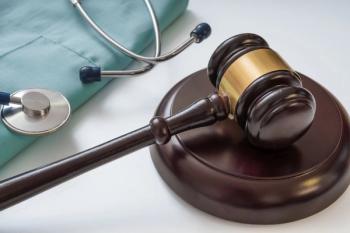
A lawyer discusses how the legal system treats (and mistreats) those with mental illnesses.

Although college drinking develops into an addiction, overconsumption and especially binge drinking patterns are often preludes to alcohol use disorder, with approximately 1 in 10 students meeting criteria for AUD.
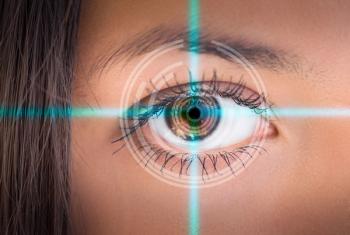
Patients with depression may have altered cortical processing of visual contrast during a major depressive episode.
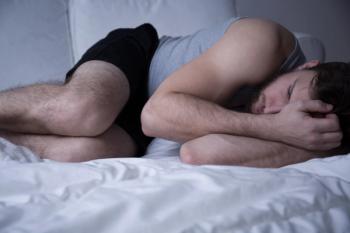
A study estimates the frequency and clinical correlates of GI symptoms during depressive episodes in a large, nationwide sample of patients with MDD in China.
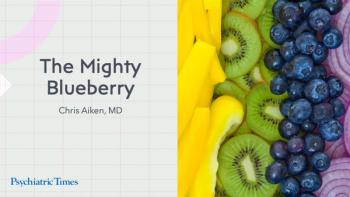
Studies suggest blueberries may have the power to treat depression...

Opening certain potassium channels in the brain reduces depressive symptoms and anhedonia.
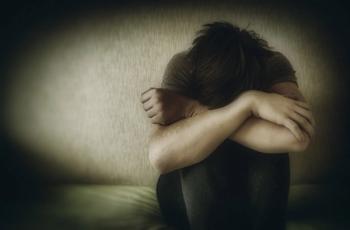
Some mood episodes are more anxiety-provoking than others, and at the top of the list are mixed states.

A recent study tested a new digital therapeutic for effectiveness on both substance abuse and depression.

A discussion with professor of medical psychology and director of the Columbia University Clinic for Anxiety and Related Disorders.
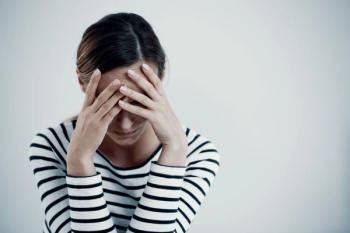
Loss: the most common experience of all people, across all cultures...

How can we ensure that our attributions of meaning are not simply instances of creative storytelling?

Millions of Americans have a skewed view of their own bodies, leading to serious depression and suicidality.

The war experiences of physicians and scientists shaped their research agendas.
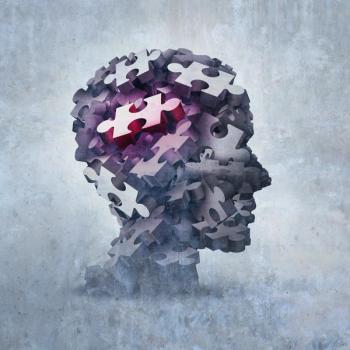
If depression impairs the brain’s processes at a molecular level, would the same be true of stress more generally?
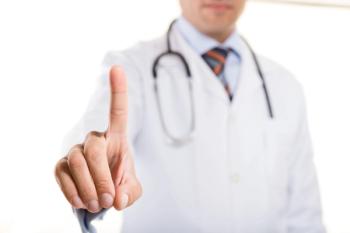
"Talking about it will only make it worse..."
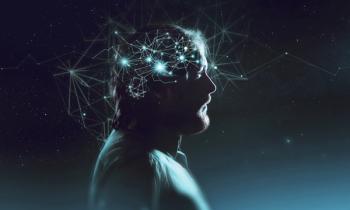
This social anxiety disorder treatment does not directly activate gamma-amino butyric acid (GABA-A) receptors, setting it apart from benzodiazepines.

How can we save more lives and prevent overdose deaths? Lloyd I Sederer, MD, a psychiatrist, expert in public health, and author provides insights.

If patients decline electroconvulsive therapy, psychiatrists still have many good options.

New data from the ongoing SHORELINE study may bring good news for treating MDD.